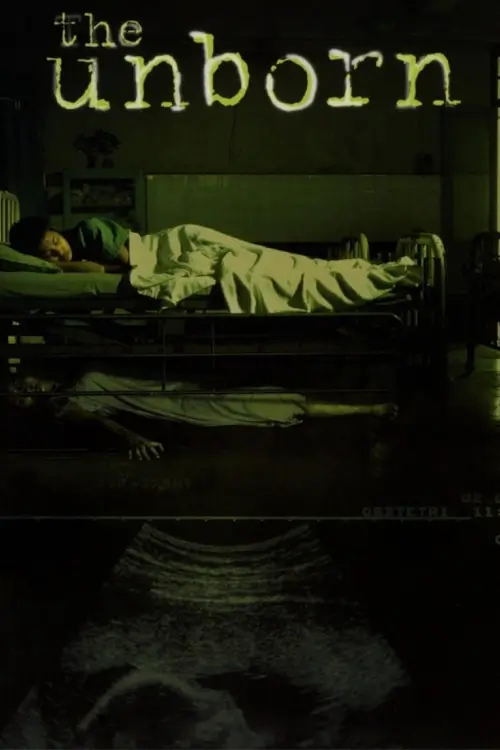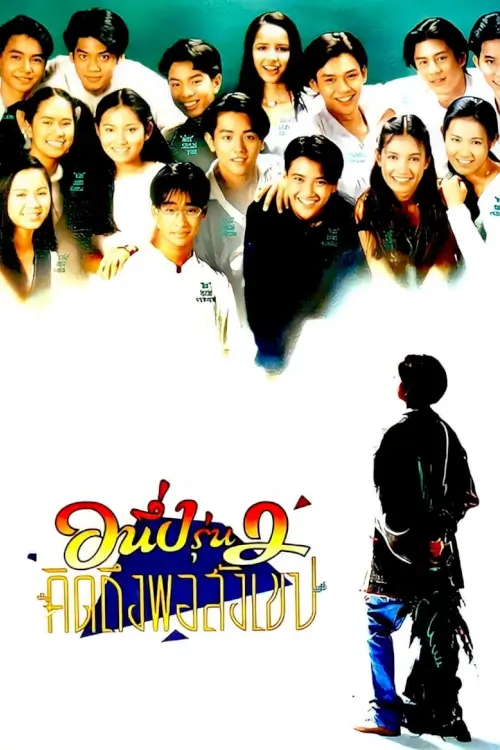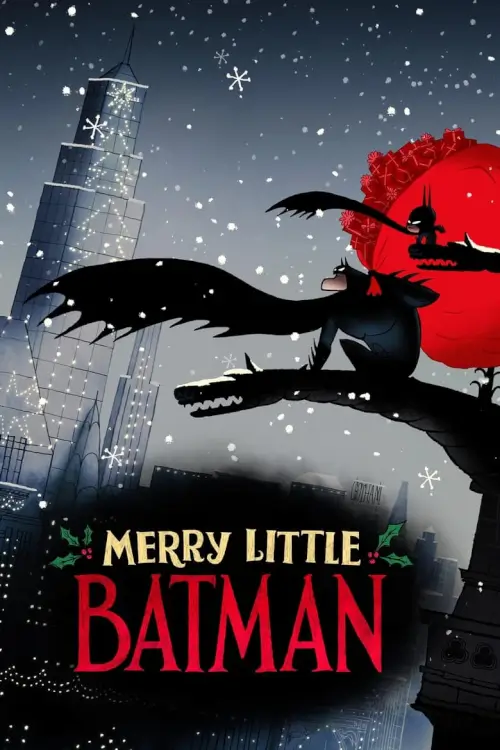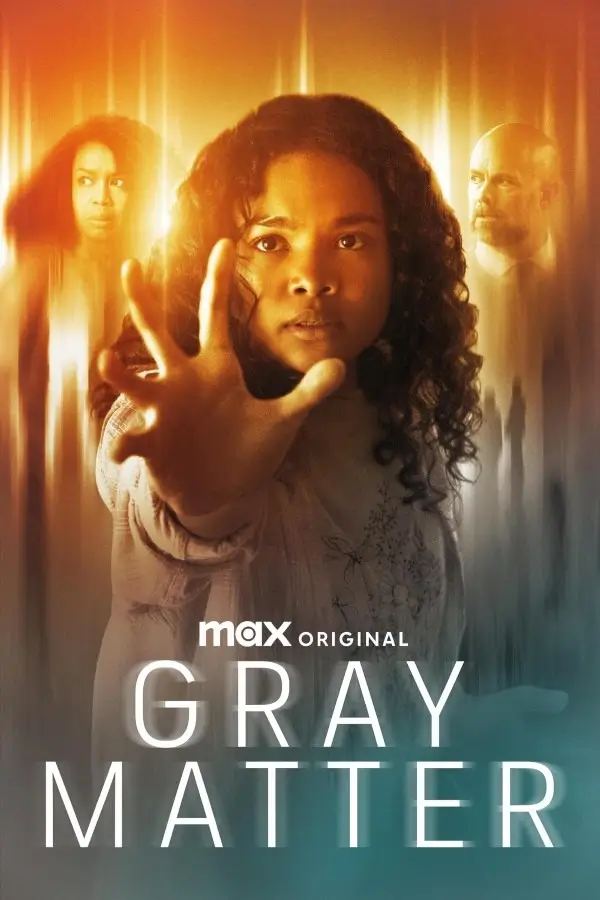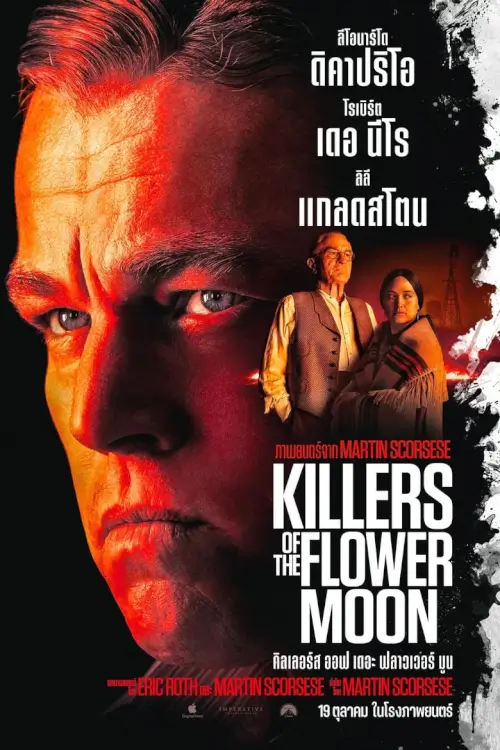Superfly ซุปเปอร์ฟลาย (2018) [ บรรยายไทย ]
![Superfly ซุปเปอร์ฟลาย (2018) [ บรรยายไทย ]](https://nungdeedee.com/uploads/images/6bq94ncepuo0c00sg.png)

หมวดหมู่ : หนังแอคชั่น , หนังอาชญากรรม , หนังระทึกขวัญ
เรื่องย่อ : Superfly ซุปเปอร์ฟลาย (2018) [ บรรยายไทย ]
ชื่อภาพยนตร์ : Superfly ซุปเปอร์ฟลาย
แนว/ประเภท : Crima, Action, Thriller
ผู้กำกับภาพยนตร์ : Director X.
บทภาพยนตร์ : Alex Tse
นักแสดง : Trevor Jackson, Jason Mitchell, Lex Scott Davis
วันที่ออกฉาย : 13 June 2018
หนัง Superfly ภาพยนตร์ที่ถูกนำมาทำใหม่จากต้นฉบับดั้งเดิมปี 1972 เป็นเรื่องราวเกี่ยวกับพ่อค้าโคเคนที่ค้นพบว่าใกล้ถึงวาระสุดท้ายในชีวิตตนเองแล้ว ไม่เข้าคุก ก็เสียชีวิต เขาจึงตัดสินใจที่จะหลีกหนีจากชีวิตตนเองโดยจะทำการค้าที่ยิ่งใหญ่ที่สุดที่เขาเคยทำมา

IMDB : tt7690670
คะแนน : 5.1
รับชม : 414 ครั้ง
เล่น : 85 ครั้ง
If you go back and watch a vintage blaxploitation film like “Super Fly” (1972), it has a time-capsule quality that only enhances the low-rent documentary scuzziness of its atmosphere. The brightly littered Manhattan streets, the cozy squalor of the bars and drug dens, even the cruddiness of the apartments: All fuse into a bombed-out yet strangely liberated mood that lets you know why the hero would choose the life of a cocaine kingpin, because it’s the only way he has to leave behind the racist prison of “a jive job with chump change, day after day.” The atmosphere told the story, and so did Curtis Mayfield’s music (“I’m a pusher man”), and so did Ron O’Neal’s suavely furious performance. In his flattened long hair and wide collars and designer sideburns, he may have looked like a coke-spoon version of D’Artagnan, but his need to claw his way out — to use the drug game to defeat the man — suffused every scene.

The new “Superfly” transplants the tale to the swank environs of contemporary upscale Atlanta, and it gives its hero the 21st-century equivalent of O’Neal’s processed-pimp look. As Priest, a coke dealer who has built a business while taking great care to remain under the police radar, Trevor Jackson, from “Eureka” and “American Crime,” sports a jutting abundance of luxurious inky silken flat hair, marked by an elegant slice of a part, plus a highly manicured beard, a pirate earring, and a pretty-boy scowl. If George Michael and Mr. T had a baby and dressed him in the sleekest of designer leather, he might look like this guy. Jackson is only 21 (O’Neal, when he played Priest, was 34), but he beats the holy crap out of people, fires pistols with gangsta heartlessness, and at one point even dodges a bullet, never losing his cool. Jackson does cool almost too well. He isn’t a bad actor, but it’s not like he finds many gradations within a young hustler’s survivalist pout.
His Priest is controlled and invincible, a leonine street king with two girlfriends, one African-American (Lex Scott Davis) and one Latina (Andrea Londo); when he takes a shower with both of them, it’s a misty porny daydream that ends as an erotic Pietà. The hero of “Superfly” certainly has the right to be a stud, but the difference between the two movies is that the new version, directed by the Canadian-born hip-hop video veteran Julian Christian Lutz (who bills himself as Director X, a moniker that seems caught between black nationalism and “What’s My Line?”), has no resonance, no real atmosphere, and almost no social context. Shot in a functional, slammed-together manner that’s less sensually stylish than you’d expect from a music-video auteur, the film is a competent yet glossy and hermetic street-hustle drug thriller, less a new urban myth than a lavishly concocted episode. It holds your attention yet leaves you with nothing.
Priest, whose real power is information (he’s got it on everyone), is surrounded by player-predators who are less cunning but more crudely violent than he is. In the opening sequence, set at a throbbing nightclub, he establishes his dominion by publicly humiliating a street-cred rapper who owes him money. He also has a run-in with the Snow Patrol, a rival crew of coke dealers who dress in white. They’re led by the roly-poly, hard-as-rusty-nails Q (Big Bank Black), the closest thing this movie has to an authentic hoodlum, but it’s when Priest is attacked by Q’s hothead-sociopath protégé, Juju (Kaalan “KR” Walker), that he realizes the time has come for him to take the money and run. He needs one big score to do it.

To engineer that score, he screws over his mentor, Scatter (Michael Kenneth Williams), the veteran dealer who discovered him on the streets. Scatter won’t give him a bigger cut of drugs to sell, so Priest, accompanied by his scampish partner, Eddie (played by the scene-stealing Jason Mitchell, who’s like Tracy Morgan’s amoral little brother), goes right over his head by driving down to Mexico and connecting with the cartel that’s the source of their product.
Priest spends the rest of the film dancing among a trio of forces who are out to put the screws on him: the cartel, led by the always lively actor Esai Morales; the thugs of Snow Patrol; and a pair of corrupt white officers, played by Brian F. Durkin and Jennifer Morrison, who shake him down for a million dollars. Within the recent wave of gender-flipped casting, it’s fascinating to see Morrison portray the sort of scum cop who is never, in the movies, a woman. She upends the stereotype by digging into the role with relish.
Most drug dramas are set in New York or L.A. (at this point, a dated cinematic reflex), but what matters is forging a vivid sense of place. The Atlanta locale of “Superfly” seems like the perfect high-low setting, but though Director X exploits a number of colorful locations (a hair salon that turns into a drive-by slaughter, a mansion that looks as big as Versailles), the film has very little visual texture or sense of place. It treats Atlanta the way all those thrillers of the ’90s treated Toronto, as a big gleaming anonymous generi-city. We get almost no sense of the dailiness of Priest’s existence. When a scene takes place in the budget furniture store he uses as a legit front, it’s news to us, because the setting drops in out of nowhere.
The more Priest tries to wriggle out of the life, the more it wraps its tentacles around him. Yet all the threats and double-crosses are, in a word, standard. They seem to have come straight out of other movies. And that robs “Superfly” of the dramatic flavor a good underworld drama needs. In 1972, at a preview for the original “Super Fly” held in Philadelphia, the theater quickly filled up, and some of the people who were shut out tried to break into a side door. That’s how hungry the audience was for a new screen mythology of African-American manhood. The blaxploitation films were often criticized by African-Americans for glorifying criminals, yet there’s no denying that the idea of the pusher as underground American capitalist emerged from a world of narrow choices. That mythology helped to fuel the rise of hip-hop, and now, of course, it is everywhere. But it’s also less true than it once was. So maybe it’s heartening, in a way, that “Super Fly” once meant something and that the new “Superfly,” for what it’s worth, means next to nothing.




